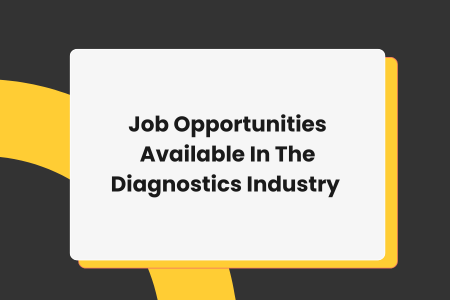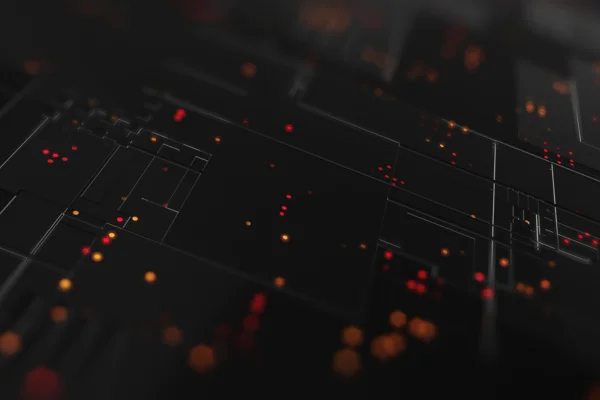
Job Opportunities in Diagnostics
What Are Diagnostics?
Diagnostics is a cutting-edge field in healthcare that uses advanced tools and techniques to provide accurate, personalised insights into a patient’s health. By analysing an individual’s unique biological makeup, such as genetics, biomarkers, and lifestyle factors, precision diagnostics allows for tailored diagnoses and treatment plans that lead to better health outcomes.
This approach improves diagnostic accuracy and enables early disease detection, often before symptoms appear. This empowers healthcare providers to offer targeted treatments based on what will work best for everyone.
Key Benefits of Diagnostics
- Early Detection: Catch diseases before they progress.
- Accurate Diagnosis: Reduce uncertainty and misdiagnoses.
- Personalised Treatment: Create custom care plans based on individual biology.
- Cost Efficiency: Prevent long-term complications and reduce unnecessary treatments.
Where Is It Being Used?
Diagnostics is transforming a wide range of medical fields, including:
- Oncology: Identifying cancer subtypes and guiding personalised treatment.
- Diabetes Management: Monitoring biomarkers for improved disease control.
- Infectious Disease: Detecting pathogens and predicting resistance.
- Chronic Disease Monitoring: Enabling proactive and continuous care.
Technology Trends Shaping the Industry
The precision diagnostics sector is being rapidly advanced by emerging technologies:
- Artificial Intelligence & Machine Learning: These technologies enable faster, more accurate analysis of complex medical data, enhancing diagnostic precision and efficiency.
- Internet of Things (IoT): Iot-integrated medical devices allow for continuous, at-home patient monitoring, providing real-time data to healthcare professionals.
- Portable Diagnostic Tools: There's a rising demand for compact, accessible diagnostic devices that deliver quick and reliable results in various settings, including remote and underserved areas.
Popular Roles in Diagnostics
As the sector grows, so does the demand for skilled professionals. Here are some of the most sought-after roles:
- Molecular Biologist / Biotechnologist: Experts who decode disease mechanisms at the molecular level.
- Clinical Laboratory Technologist: Specialists who conduct tests and analyse biological samples to support diagnosis.
- Genetic Counsellor: Professionals who guide patients through genetic testing and help them understand the results.
- Data Scientist / Data Analyst: Individuals skilled in using AI and machine learning to interpret complex health data.
- Biomedical Engineer: Innovators responsible for designing diagnostic technologies and medical devices.
- Essential Skills for the Industry
- To thrive in precision diagnostics, candidates should bring a blend of technical expertise and interpersonal skills:
- Technical Proficiency: A deep understanding of laboratory techniques, diagnostic equipment, and genetic testing.
- Analytical Thinking: The ability to process and interpret large datasets to draw actionable insights.
- Communication Skills: Especially vital in patient-facing roles like genetic counselling, where empathy and clarity are key.
Whether you're just starting or looking to advance your career in healthcare innovation, diagnostics offers a future-forward path filled with opportunity, impact, and purpose.
At Mackinnon Bruce International, we’re proud to help build the teams that will shape the future of medical technologies. Visit our website to explore how we can support your career journey.





